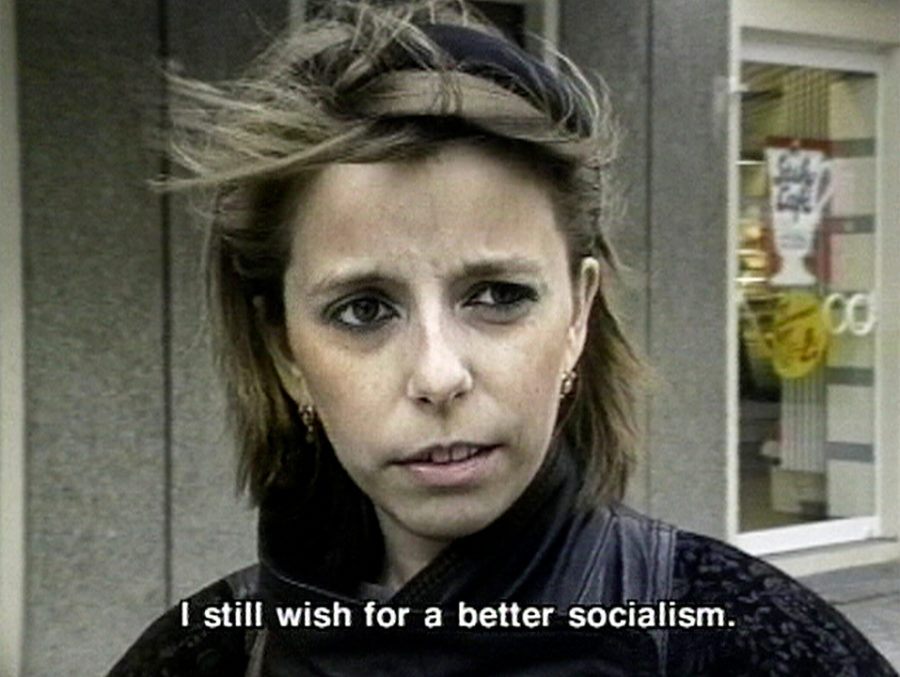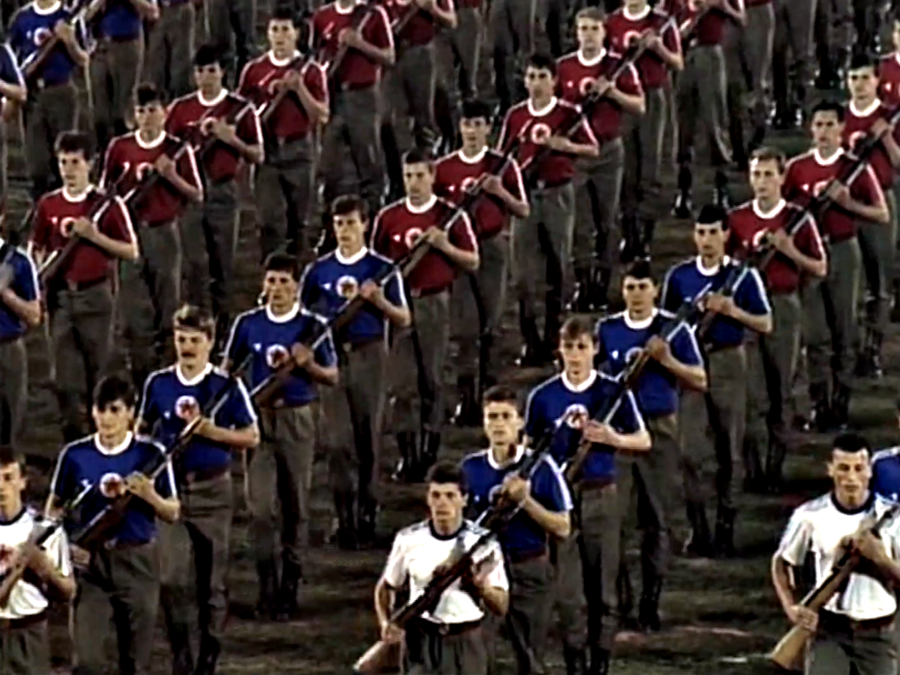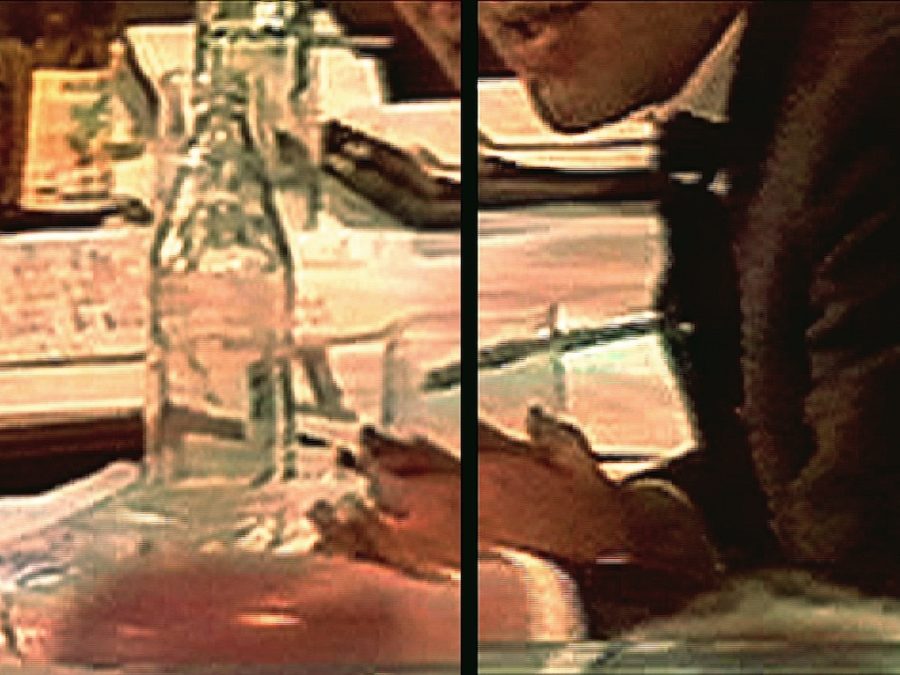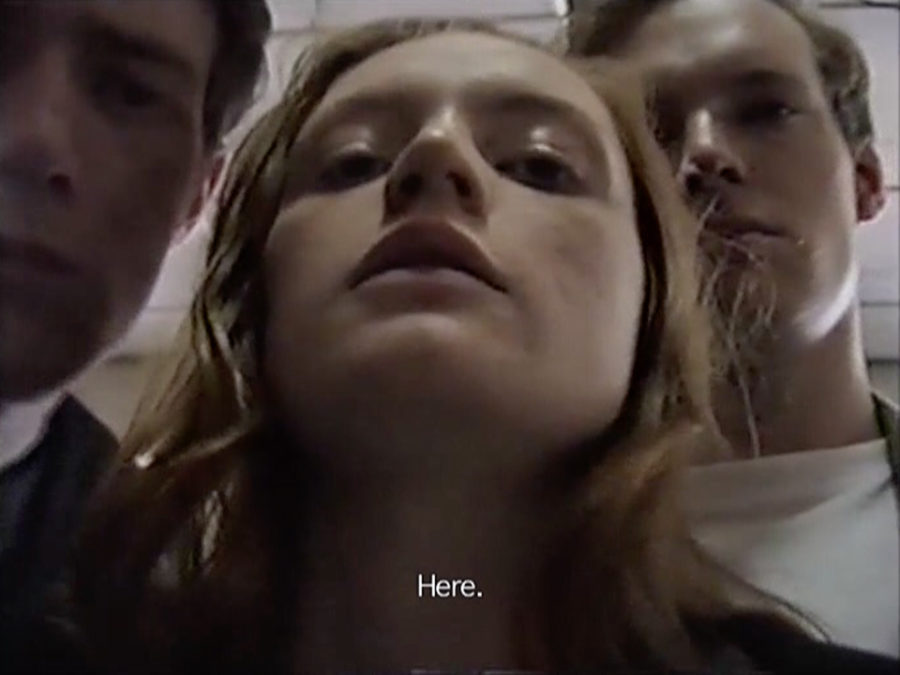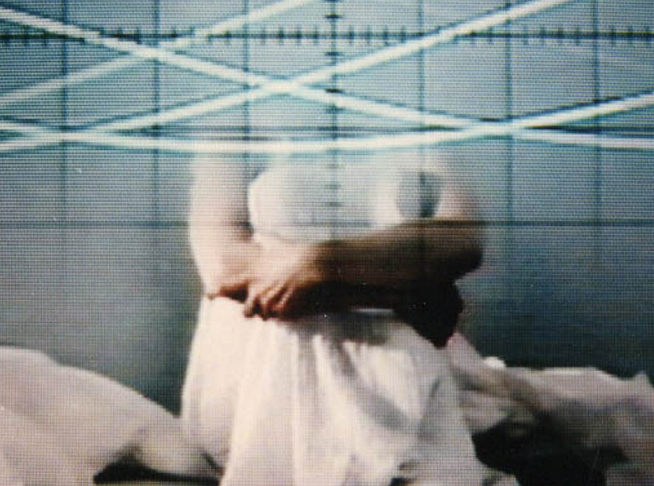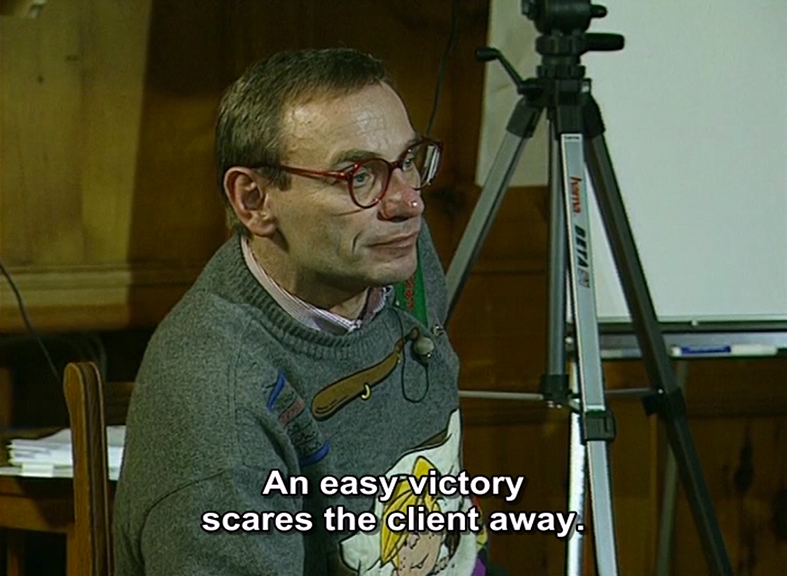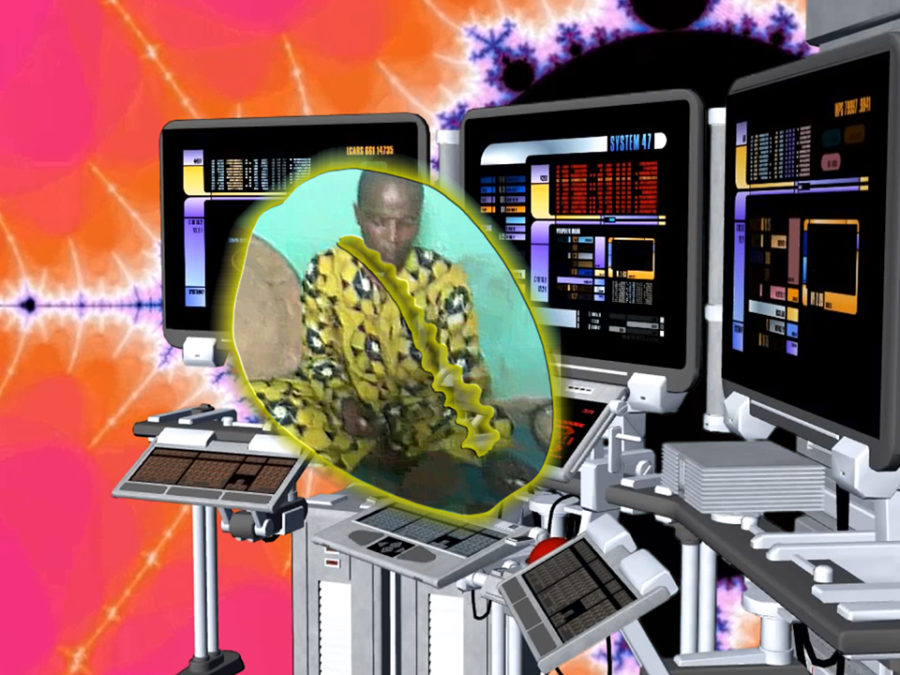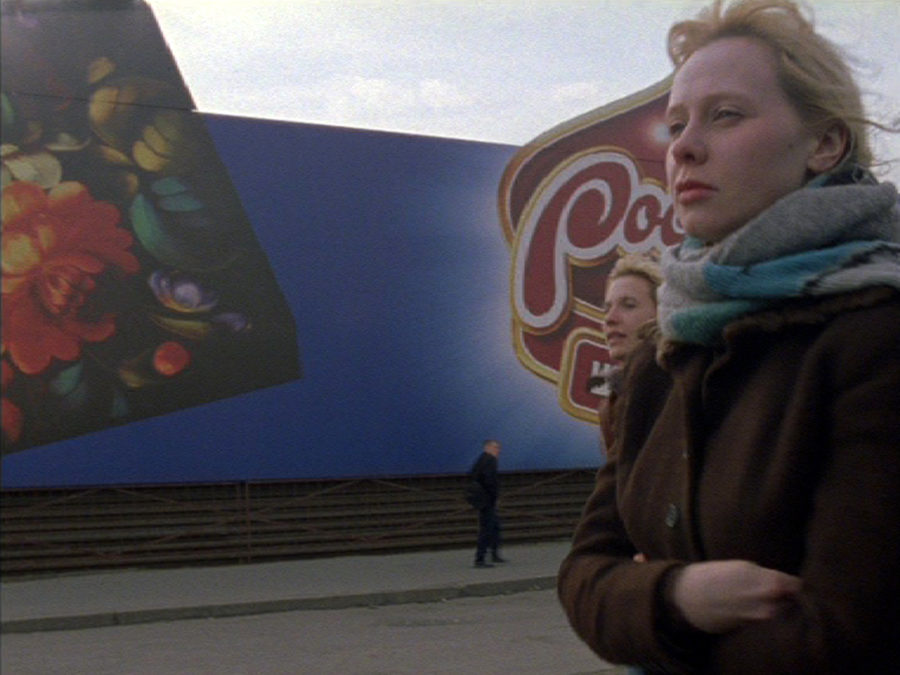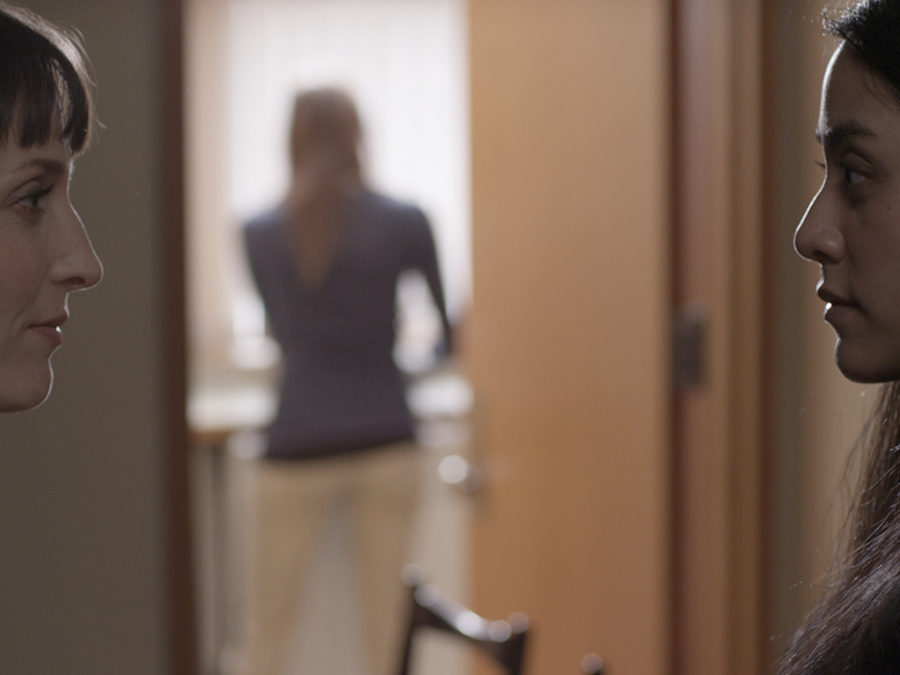In the framework of the DAAD Artists-Program, filmmaker Shelly Silver spent several months in Berlin in 1992 when she conducted hundreds of street interviews with people from East and West-German districts, both in the city center and peripheral areas of the reunified metropolis.
Asked about their opinions of the political systems, nationhood, homeland, and democracy, the interviewees share their experiences of change. Structured around different topics, the answers of the Berliners demonstrate remarkable differences, which develop with ever-more nuance in the course of the one-hour film. While the ‘Wessies’ – the West Germans – experience little if no change in their personal situation, the answer of a young woman from the former East simply summarizes: everything changed.
As an American without any knowledge of German, Shelly Silver develops a completely idiosyncratic and unbiased approach, her work remaining unencumbered by the clichés of a ramshackle and backward East and the unadaptable ‘Ossies’ – East Germans – fostered by the Western mainstream. Through the images of contemporary people, she brings together the most extreme statements of bigotry, platitudes of resentment, and attitudes of superiority as well as intelligent, analytical commentary or nostalgic recollections about the East, images of a country that is both so close and yet so lost, and so damned to fail.
By omitting the use of an off-voice narrator and by deploying a schematic, generic interview method, Shelly Silver generates the space for the greatest degree of tolerance, through which she the interviewees can reflect on themselves in this historical period of transition through an astonishing openness and affiliation, where political identity and broken illusions can speak at once.
Shelly Silver’s many-voiced narrative is a vivid monument to a people who in one moment chant “Wir sind ein Volk” [eng. We are a people] and bellow Wind of Change in front of the TV, and in the next forget any sense of solidarity – or who, seeking new ideals, fall back on the well-known tropes of fascism. This specific experience of the German transition is perpetually engaged in never arriving: the process between taking ownership of the past and rejecting it is still active today, with ever new monstrosities that threaten to revive old stories.
Text by Naomi Hennig
Shelly Silver is a New York-based artist working with still and moving image. Her work explores contested territories between public and private, narrative and documentary, and, increasingly in recent years, the watcher and the watched. She has exhibited worldwide, including at the Museum of Modern Art in New York, Tate Modern, Centre Georges Pompidou, the Yokohama Museum, and the London ICA. Her films have been presented at international film festivals and broadcast by BBC/England, Arte/Germany, France, Planete/Europe, and Atenor/Spain, among others. Silver is Associate Professor and Director of Moving Image, at the Visual Arts Program, School of the Arts, Columbia University.
